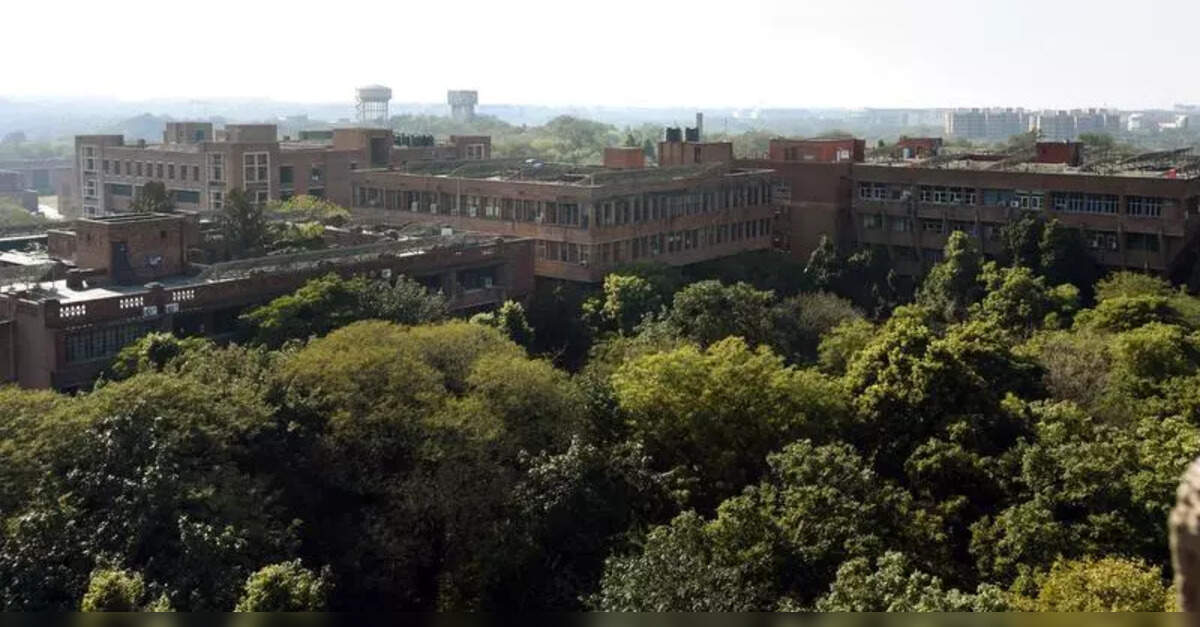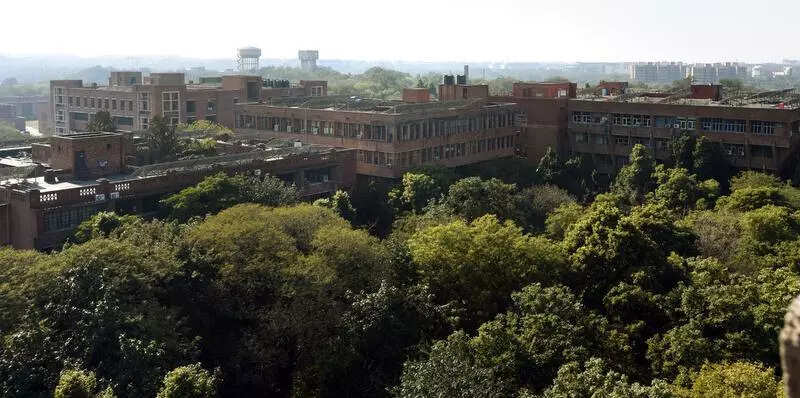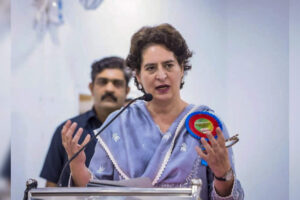
Five years on, JNU’s ayurveda biology course floundering, ETEducation

New Delhi: Jawaharlal Nehru University‘s ambitious ayurveda biology programme, which was launched five years ago, has struggled to take off. Now, UGC has rejected the university’s proposal to hire faculty, citing the poor enrolment numbers, officials in the know said.
Seven students have enrolled this year for the programme, when the capacity is 20.
To be eligible for the programme, a student must pass 10+2 and clear CUET.
JNU’s plan was to merge traditional medicine with modern science and teach it as a five-year, integrated BSc and MSc programme.
Even in 2020, when the first batch enrolled, all the seats could not be filled. There were 15 takers. Enrolment fell after a marginal improvement — 18 in 2021, 20 in 2022, 17 in 2023 and 15 last year.
TOI reached out to the UGC secretary for a comment but did not get a response.
JNU last year approved the creation of a centre and teaching posts to strengthen the programme, in line with govt’s push to integrate ayurveda and the modern sciences under the National Education Policy and AYUSH mission. But the UGC committee that reviewed a fresh proposal for faculty appointments declined the funding.
Officials said the programme would continue with borrowed faculty. “The committee that reviewed the proposal felt the programme hasn’t attracted enough students to justify full-time posts,” a senior university official said. “The first cohort has graduated. A few students used NEP’s mid-exit option after BSc, while others continued into research. But running the course without permanent staff is a serious challenge.”
The centre has only two teachers now, both from other departments. The rest are visiting faculty, who reportedly have been unpaid for some time due to funding constraints. “Borrowing faculty can work temporarily, but it’s not sustainable,” the official said. “The university does not have the funds to regularly invite subject experts from outside.”
Students said that the lack of full-time teachers and irregular scheduling of classes have affected their learning process. “We often have long gaps between lectures because the borrowed faculty are busy with their own departmental work,” a second-year student said. “It’s a promising course, but it feels neglected. We were drawn to the idea of integrating ayurveda and modern biology, but without proper labs and teachers, it’s hard to see how that vision will be realised,” another student said.
An official said that whether the programme will continue or not will depend on internal reviews. “Each centre is evaluated periodically, and decisions are taken based on performance and viability,” he said.
In June, TOI had reported that a university panel had recommended the merger or temporary closure of some centers based on such a review.
Source link



